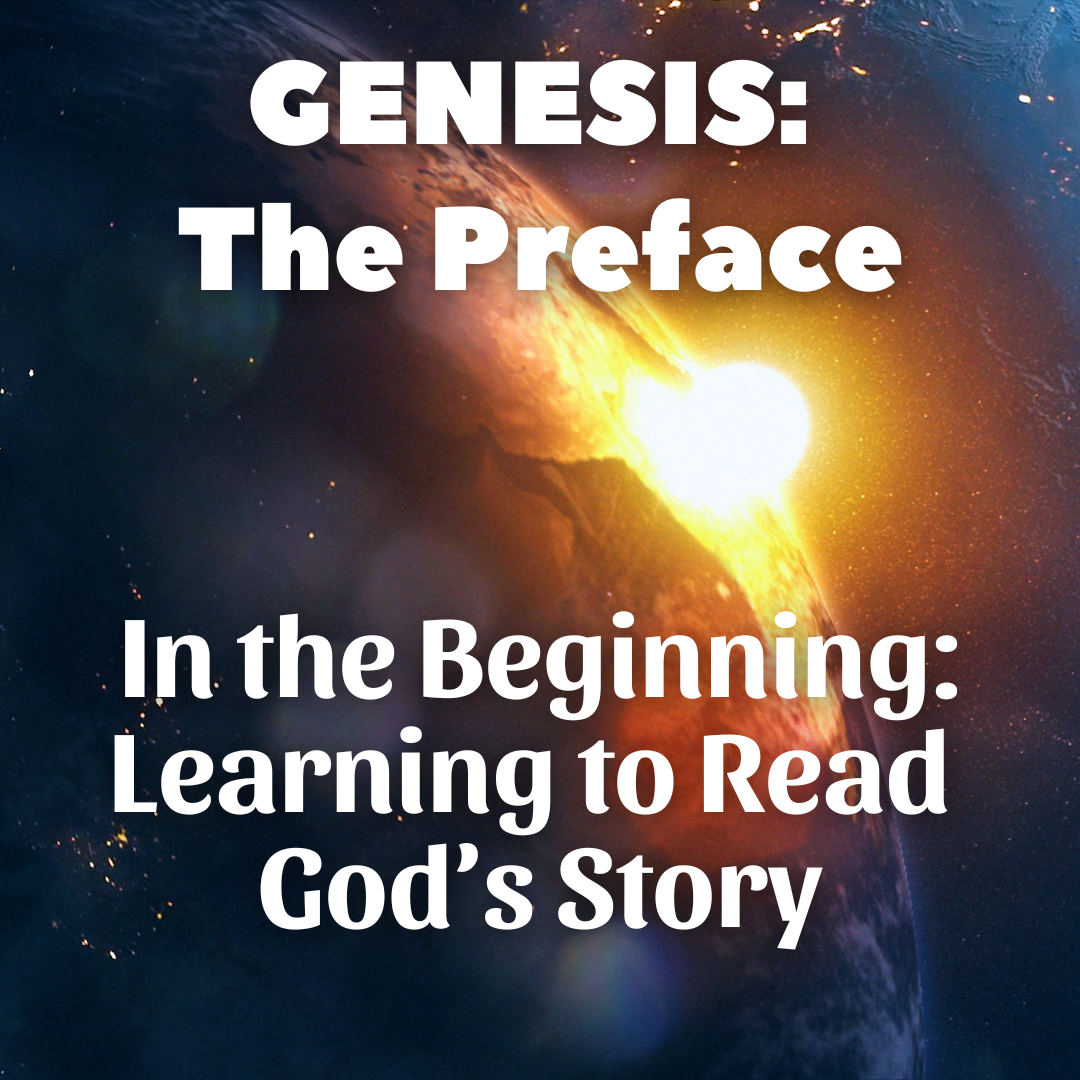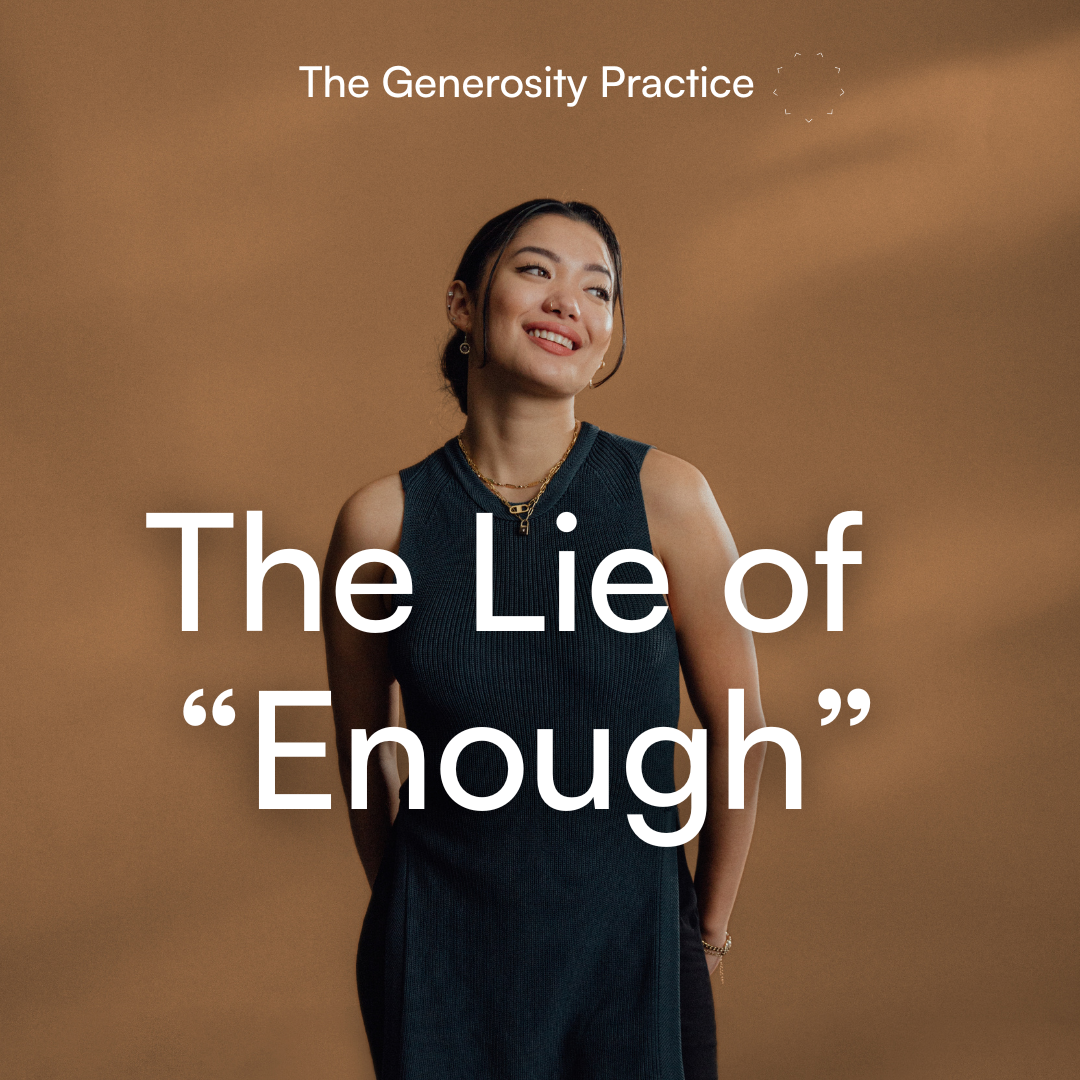Minimalist Guide to Christianity: What's the Bible about?
Let me just get this out of the way…
The Bible isn’t a rule book to follow. It wasn’t written, intended, or designed to be a book of commands that we are forced to live by. You won’t be damned to hell because you don’t follow the “rules”. That’s not what the Bible teaches.
The Bible is the book used in churches across the globe to bring the message God wants us to hear. The common questions about the Bible are:
What’s the message?
Why should I care what it says?
Is it relevant to me?
Why should I follow its rules?
How am I supposed to understand a 2000 year old book?
As mentioned, the Bible’s not a rule book and it’s not a list of moral or culturally irrelevant laws or instructions that if you decide not to follow what it says you are excluded from any of the blessings God’s promises brings. The Bible, and Christianity, is not this way.
What Is The Bible?
First, and this is for those of us with short attention spans, this article is not going to be an expository of the Bible. I’m going to give you a quick 30,000 foot overview about the Bible and then send you on your way. If what I say intrigues you to learn more, two things: first is keep coming back to my website regularly for future articles where I will expound more details for you and second is to drop me a comment letting me know you’d like a short list of books or videos to get you started learning more.
Alright so back to what the Bible is…
Author Peter Enns says, the Bible is a book that’s “ancient, ambiguous, and diverse”. It is designed to be a book of wisdom rather than rules. The words contained within it are supposed to guide and direct our path in life so we make wise choices as we live and interact with others.
Christians believe the Bible is the written Word of God. We believe God specially revealed himself through human authors who were inspired to write down what God gave them to write.
“All Scripture is God-breathed and is useful for teaching, rebuking, correcting and training in righteousness”. 2 Timothy 3:16
When, Where, What, Who?
The Bible was written over the course of 1500 years and is a collection of 66 smaller books, written by 35 different authors.
To be even more confusing, there are around 2,062 Bible versions in 1,372 languages.
Your head spinning yet? Don’t worry! I recommend using the New International Version (NIV) which will help you understand it better in modern English. So, search for that one whether you download the free app (see below) or get the hardcopy book. (Other notable mentions of Bible translations I recommend are the NASB2020, New Living Translation, The Message is a great paraphrase good for younger minds, and the Christian Standard Bible translation.
How is the Bible organized?
As you’ve just learned, the Bible is a big ancient book that could be pretty overwhelming. So let’s sort it out by genre. Knowing the Bible was written in various literary genres helps us understand its context better rather than simply take each word literally.
Don’t get lost or stop for too long here… keep reading.
The major literary genres of the Bible are:
Historical (narrative): Genesis, the first half of Exodus, Numbers
The Law: the last half of Exodus; Leviticus, Deuteronomy
Wisdom literature: Job, Proverbs, Ecclesiastes
Psalms (songs or poetry): Psalms, Song of Solomon, Lamentations
Prophecy: Isaiah, Jeremiah, Ezekiel, Daniel, Hosea, Joel, Amos, Obadiah, Jonah, Micah, Nahum, Habakkuk, Zephaniah, Haggai, Zechariah, Malachi
Apocalyptic literature: Daniel, Revelation
Gospel (good news): Matthew, Mark, Luke, John (these 4 books are biographies of Jesus)
Acts of the Apostles: Book of Acts (this is all about the early church history)
Epistles (letters): Romans, 1 and 2 Corinthians, Galatians, Ephesians, Philippians, Colossians, 1 and 2 Thessalonians, 1 and 2 Timothy, Titus, Philemon, Hebrews, James, 1 and 2 Peter, 1, 2, and 3 John, Jude
How should I read the Bible?
Unlike other books, most people shouldn't read it cover to cover from the first book through the end. Sure you can do that, but I don’t recommend doing this.  Somewhere into the second or third book you’ll go crosseyed.
So, I advise starting just a bit past the middle in the little book of “Mark”. It’s a biography about the life of Jesus and it’s only 16 short chapters. You can read it in an afternoon or take it one chapter a day for 16 days. That’s a great place to start.
Bible Technology
No book, no problem. Download the app for free. I personally have been using the Youversion Bible app for many years and it is great. Not only can you read or listen to the Bible, they also give you topical study or devotional plans (you can read on your own or with friends), viral verse of the day (with downloadable images to share), prayer wall (add a prayer or pray for someone else), and more.
Download the free Youversion Bible app here and even listen to the Bible audibly.
So, download the app, navigate to the Book of Mark, select the NIV version, and begin reading or listening to it.
Watch it!
Another REALLY great resource is the Bible Project Youtube Channel. They give a visually engaging overview of each book of the Bible as well as an expository of various Hebrew or Greek words and phrases commonly used in the Bible. Remember, context is everything. The more you understand about the Bible, the more you can glean from its wisdom.
Watch the Bible Project overview for Mark below:
If you found value in this article, here are some additional articles for you.




